The “Hope Centre” in Abuja, Nigeria, is a truly inclusive education centre for children and young adults, with or without disabilities, within a school and a Rosalie Rendu vocational training centre.
Thanks to the ‘As if you weren’t the same…’ project, the Hope Centre has been able to add to its pedagogical and professional equipment to offer quality education adapted to each individual.
As soon as the funds were received and the purchases made as quickly as possible because of the constant devaluation of the naira (the local currency), the Centre’s teams set about implementing the project. Each disabled adult was given an observation file to facilitate an individualised education plan and enable his or her progress programme to be scrupulously monitored.
“As you know, some disabled people are slow to accomplish their tasks.
We accompany them at their own pace.” Sr Sylvia
Sewing machines, lawnmowers, computers, Montessori equipment
The Centre has acquired industrial sewing machines without pedals. Young people use their hands to operate them, which is less stressful for them. Sewing activities enable them to acquire skills, improve their hand-eye coordination and… express their creativity!
The school has a hairdressing salon. Thanks to the use of rechargeable clippers, young adults with and without disabilities have been able to make progress in the production of haircuts.
Paschal is a young adult with Down’s syndrome. He likes to do things independently and was determined to acquire the skills of a hairdresser. At the cultural day celebration, in the presence of the parents and friends association, he showed off his hairdressing skills… everyone was amazed. Paschal has become very proud of himself, and the money he earns from this activity enables him to support himself.
Second-hand computers have enabled many children with learning disabilities and autism to enhance their abilities through a wide range of educational activities. The computer also helps them to learn to read visually, draw and improve motor coordination. People with reading difficulties can understand written information thanks to text-to-speech applications.
Thanks to the acquisition of Montessori materials, children suffering from dyslexia have made real progress.
Of the 10 young adults who took part in the hairdressing course, 3 out of 10 can use clippers. 1 of the 3 can cut hair professionally.
As for sewing, 5 young adults can patch clothes, while 2 others can hold scissors and cut according to a pattern, with daily training.
The children with dyslexia have made great progress. 4 out of 15 are beginning to pronounce phonic sounds. 2 out of 15 are preparing to read.
Other children have developed strong fine motor skills and their dexterity has improved considerably.
Children with autism spectrum disorders need to be guided gradually and repeatedly, on an individual basis according to their spectrum. Parents have already noticed certain changes, in particular the slowing down of hyperactivity.
Other children are also determined to reach their full potential, supported by their parents who are keen to help them acquire skills.
“The major impact of the project is that it allows us to show society in a concrete way that disabled people have abilities and that they are considered as worthy individuals.
I would like to sincerely thank our benefactors for helping us to put a smile on the faces of our disabled children and young adults! They are making progress in acquiring certain skills that will help them in their livelihoods.” Sr Sylvia
Watch other short videos of students in apprenticeship: click here
With them, thanks to you!
Sr Anyanwu Sylvia Chinagorom, DC
Source: projets-rosalie.com



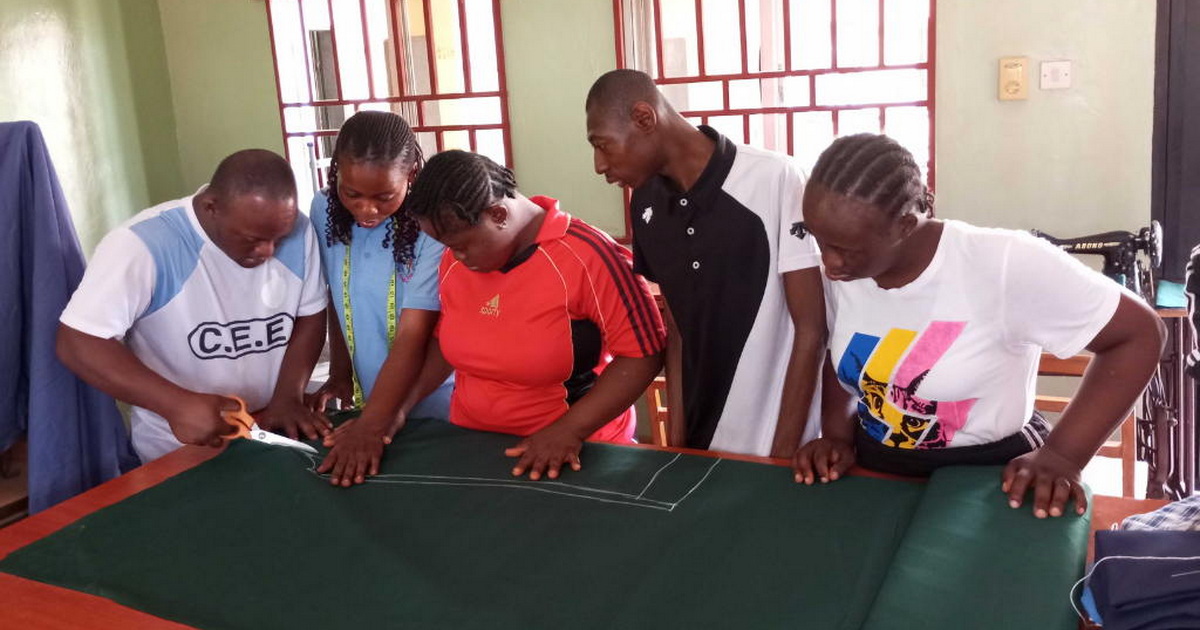
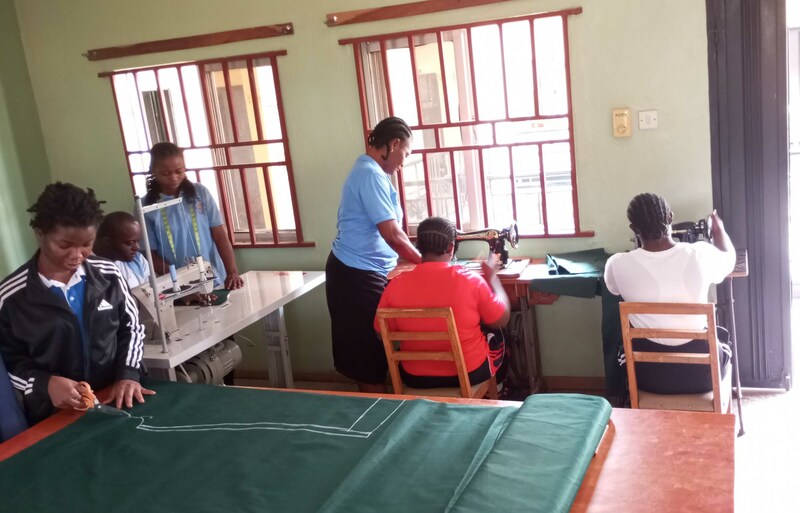
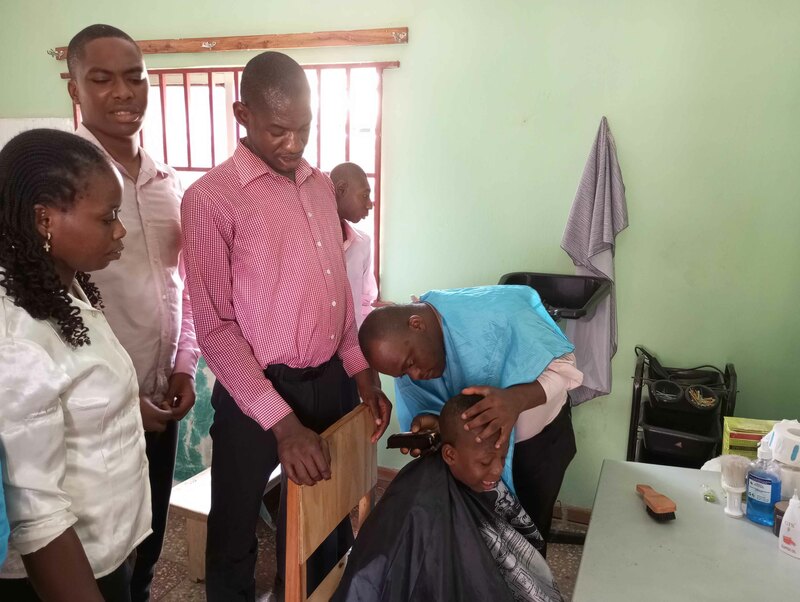
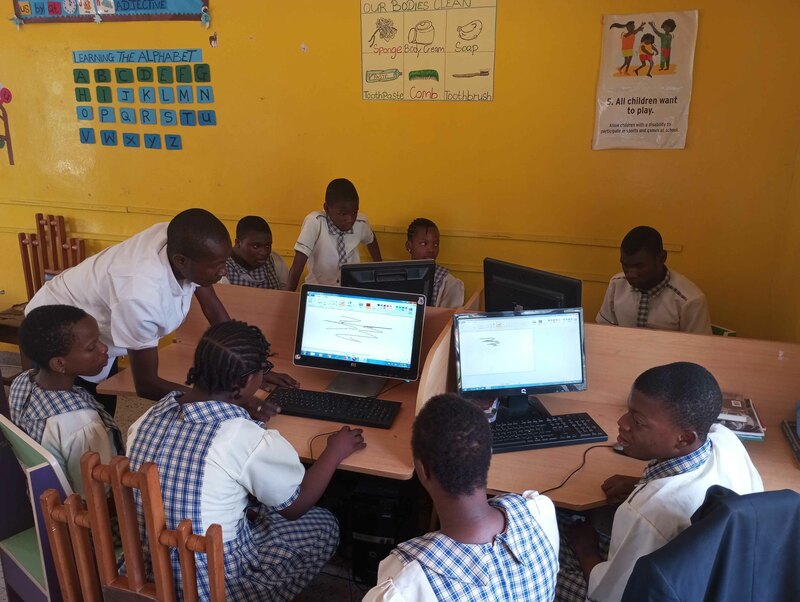
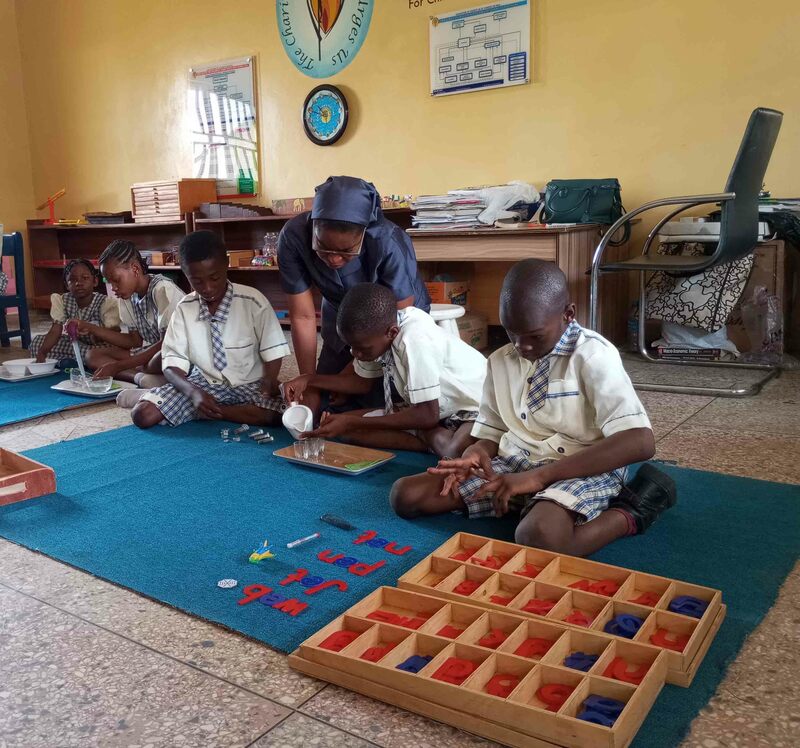
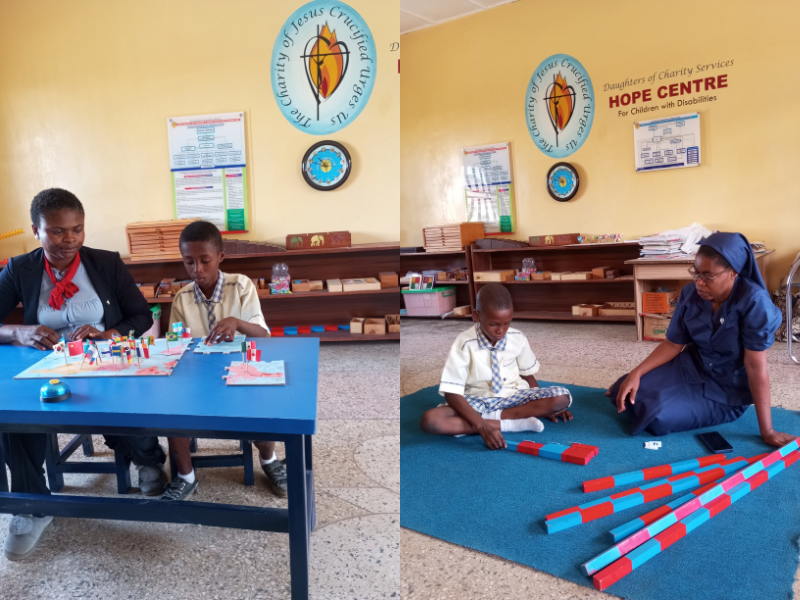




0 Comments